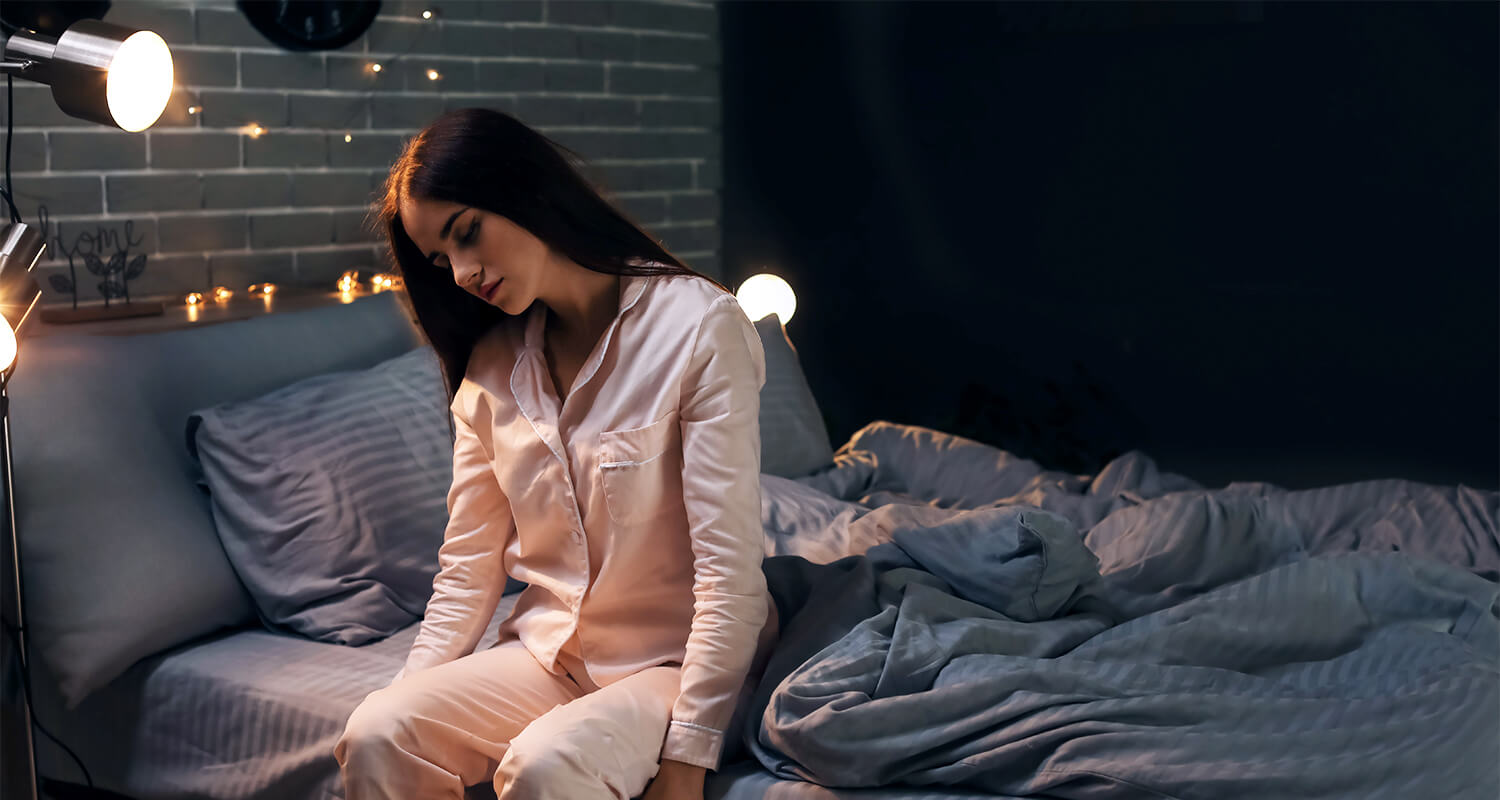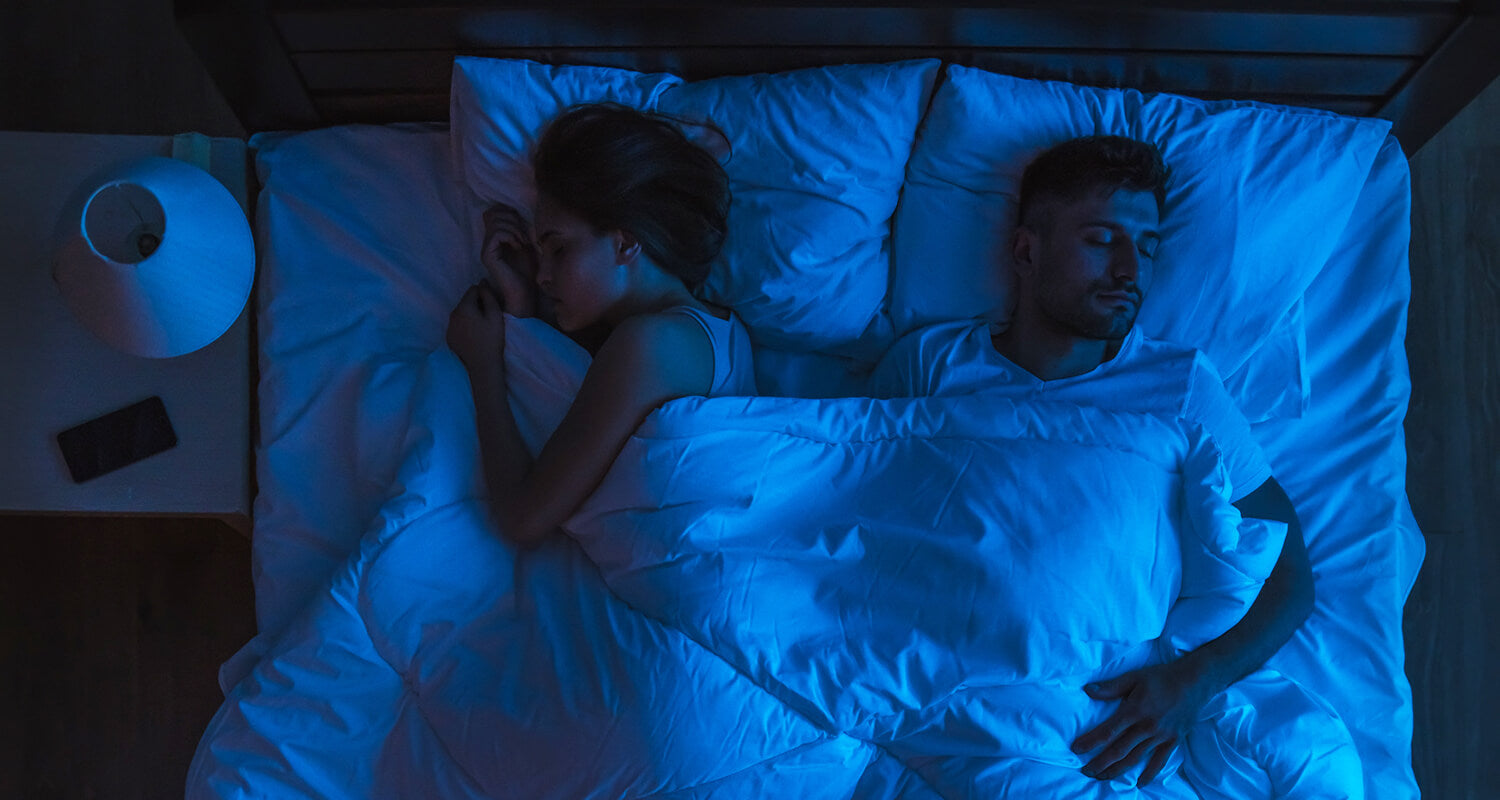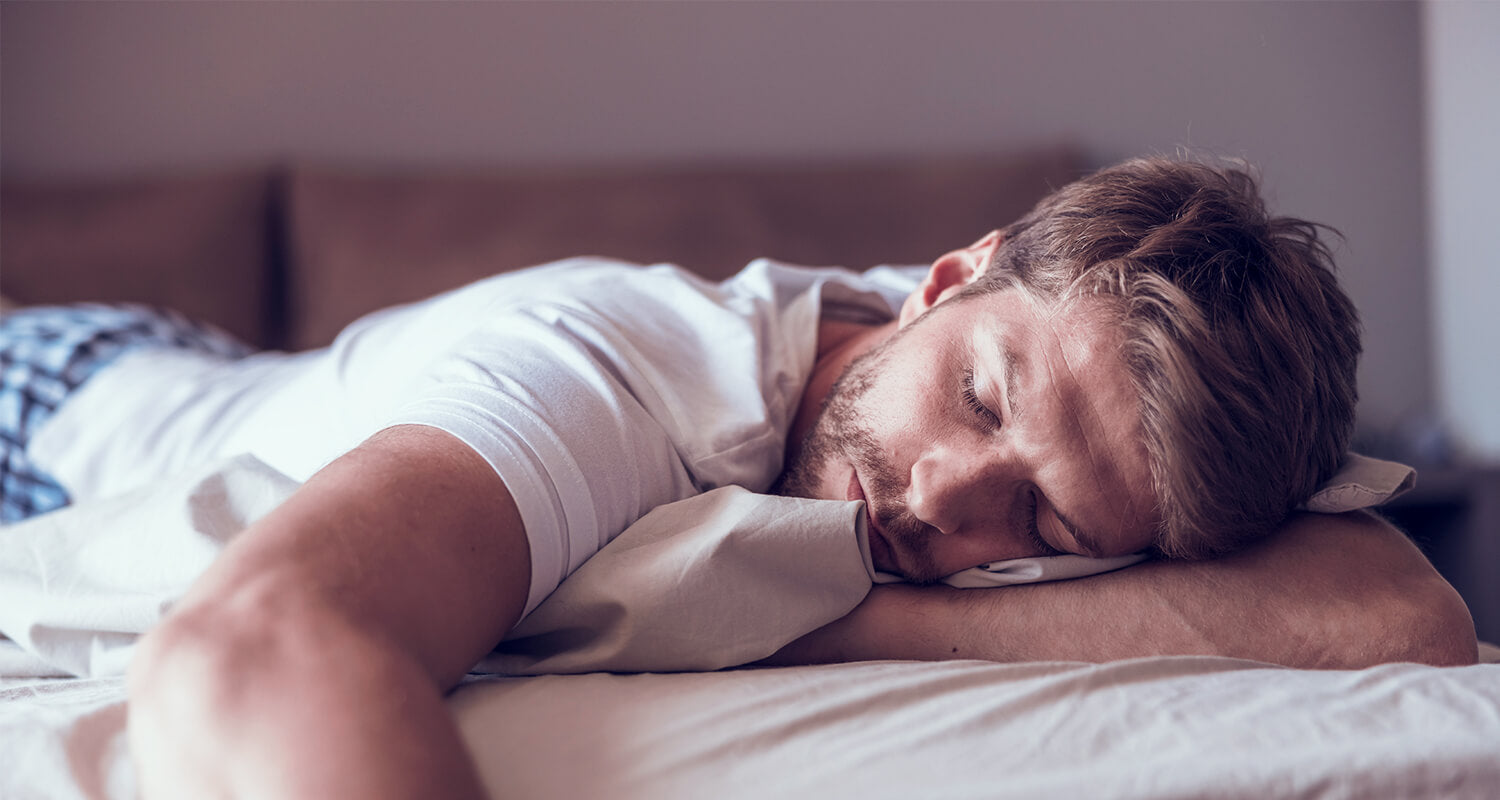
Somnambulism – The Myth of Sleepwalking
Sleepwalking is a parasomnic sleep disorder and refers to an unconscious state of wakefulness during sleep. Find out here what is behind the myth of sleepwalking and how it happens that we wake up from sleep and walk through the night without consciousness or memory.
Table of Contents
- What does sleepwalking mean?
- This is what happens when you sleepwalk
- Causes and triggers of sleepwalking
- Is sleepwalking harmful?
- Avoid sleepwalking
- Conclusion
1. What does sleepwalking mean?
Sleepwalking, also known in science as "somnambulism", is a disorder of sleep or sleep. Wake-up disorder, which is one of the so-called parasomnias (sleep interruptions). The myth is more common in children, but up to 7% of adults also occasionally walk around in their sleep, according to doctors. The extraordinary state in which we get up without really waking up from sleep, wander around the apartment and have no memory of the night's excursion the next day, in most cases only lasts a few seconds to minutes and usually takes place mainly in the bedroom . There are various reasons why we wander around at night and, depending on the severity, can also pose serious dangers.
2. This is what happens when you sleepwalk
During sleepwalking, some areas of the brain are awakened from sleep and activated, while another part remains asleep. Those affected are placed in a state between wakefulness and sleep and are said to have “incompletely woken up”. Various sleep research studies show that during sleepwalking, the areas of the brain that control our movement and motor skills are as active as when we are awake, whereas other important areas, such as the areas of the brain responsible for memory formation and interaction with the environment, are not affected activity typical for sleep.
Our brain continues to sleep, which is why we are like in a trance while walking around and have little or no important nerve and brain functions such as orientation, pain perception and our general ability to interact and react. This means that sleepwalkers get up, walk around or even eat a meal, but are unresponsive and have no memory of the waking phase the next day.
3. Causes and triggers of sleepwalking
The causes of the unusual phenomenon are not yet fully known. Sleepwalking only occurs in the deep sleep phases or in the transition from deep sleep to waking up. Even if it is often assumed, it has nothing to do with dreaming and cannot even take place in a dream sleep phase (REM sleep), because here the so-called sleep paralysis usually protects us from uncontrolled movements .
Scientists suspect that deep sleep in sleepwalkers is generally more susceptible to disruption and less stable. During sleep, you react more sensitively to external (sounds, light or touch) or even the body's own stimuli (urination, stress, pain), which then trigger incomplete awakening. And the level of maturity of the central nervous system could also play a crucial role in the response to stimuli during sleep and influence whether someone sleepwalks or not. This would also explain why children are affected more often than adults. At the young age of 4 to 8 years, the brain is still developing and the central nervous system is not mature.
By the way: According to researchers, there is a 60% risk for the children of sleepwalkers to become sleepwalkers themselves, as a tendency to sleepwalking could also be genetic and related to the inherited maturation development of the central nervous system.
Overview of other possible triggers for sleepwalking:
|
4. Is sleepwalking harmful?
In most cases, those affected cannot remember the night's excursions the next morning and only find out that they are sleepwalking when someone else is present. Sleepwalking is basically a harmless sleep disorder that rarely occurs, especially in adults. Nevertheless, the "half-awake" state also poses dangers due to the uncontrolled activity, for example when sleepwalkers unknowingly leave the house or with dangerous objects such as scissors, knives, etc. handle. In these moments, those affected are not fully conscious, cannot assess risks or react adequately to dangers. If you or a family member suffers from occasional sleepwalking, it is therefore advisable to secure the sleeping area and, for example, lock doors and windows at night or remove potentially dangerous objects from the bedroom
5. How can I avoid sleepwalking?
Illnesses, stress or a lack of relaxation can put a strain on the nervous system and increase sensitivity to stimuli during sleep. A quiet and undisturbed sleep is therefore a good prerequisite for avoiding being startled or waking up from deep sleep and making sleepwalking impossible in the first place. Unless there is a serious illness behind a tendency to sleepwalking, it may help to specifically wind down before sleep and support both physical and psychological relaxation in order to promote sleep overall and avoid waking up at night.
Here you will find our relaxation tips and in this article you will find out which calming and natural extracts can help you relax before sleep.
Watch out! You've probably heard before that you shouldn't wake up sleepwalkers - and for good reason! Sudden awakening from deep sleep can not only be extremely surprising, but can also have a confusing effect on the person affected or even lead to panicked, aggressive or unpredictable behavior. It is better to gently guide sleepwalkers back to bed, where they can usually quickly calm down and continue sleeping.
6. Conclusion
-
Sleepwalking refers to the unconscious mixed state of wakefulness and sleep in which the body is active but the mind continues to sleep.
-
Sleepwalkers wake up incompletely from deep sleep and usually cannot remember the waking phase.
-
Possible causes of sleepwalking are a low level of maturity of the nervous system and a low sensitivity to stimuli during deep sleep, for example due to stress, psychological stress or illness.
-
Sleepwalking is generally not harmful, but it can lead to dangerous and risky situations.
Greetings and see you soon!




1 comment
Es ist erschreckend, das man kein Schmerzempfinden hat. Ich muss mich sehr gestossen haben, ohne es zu merken. Morgens hatte ich riesige blaue Flecken an der rechten Körperhälfe, wovon ich nichts gemerkt hatte.
Ich mache Sachen, die mir erzählt werden, wovon ich aber absolut nichts weiß.
Barbara
Leave a comment
This site is protected by hCaptcha and the hCaptcha Privacy Policy and Terms of Service apply.